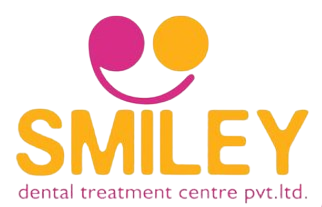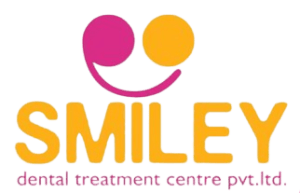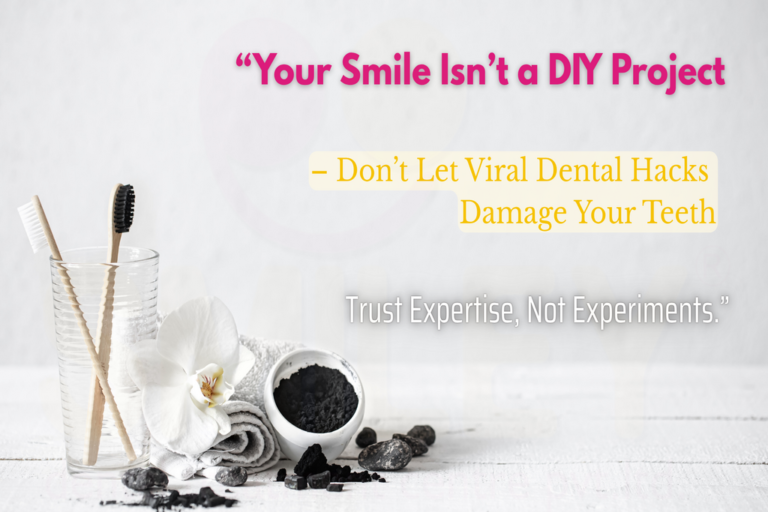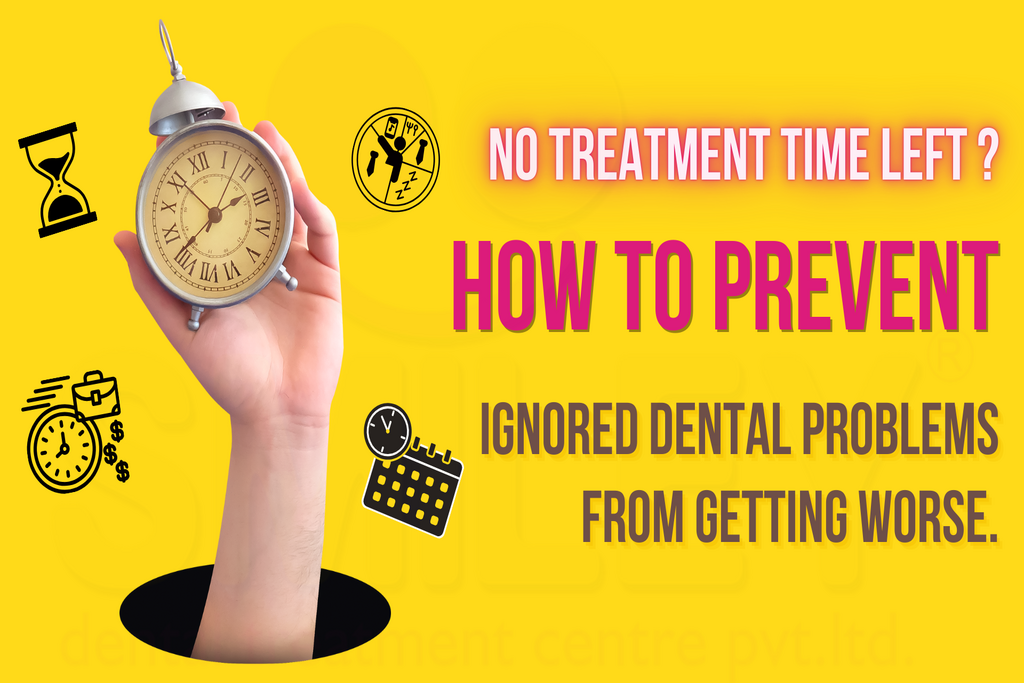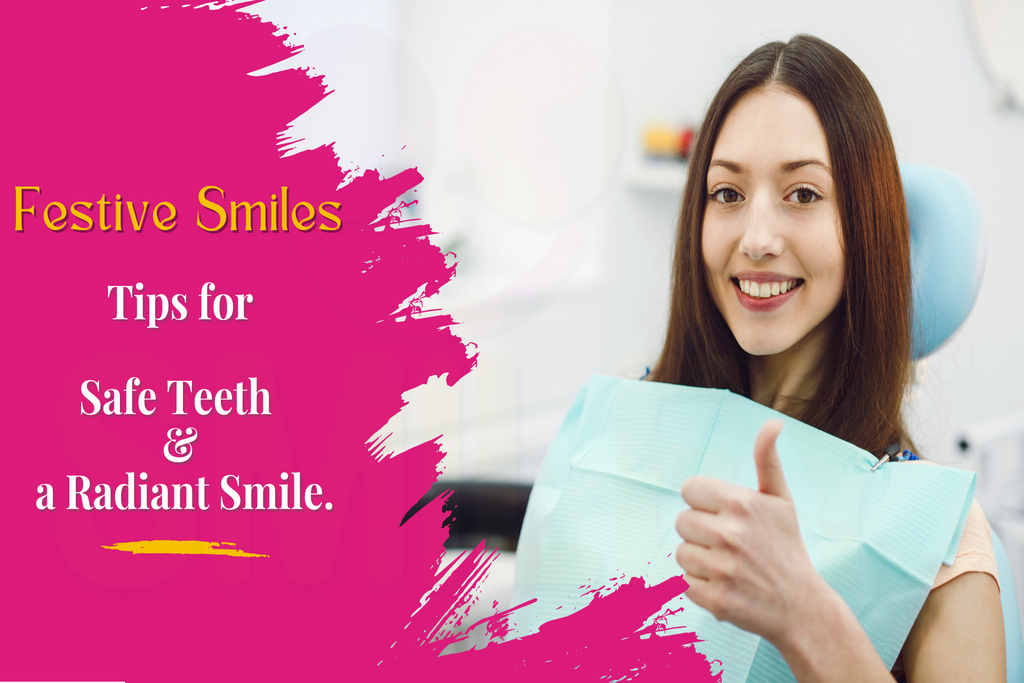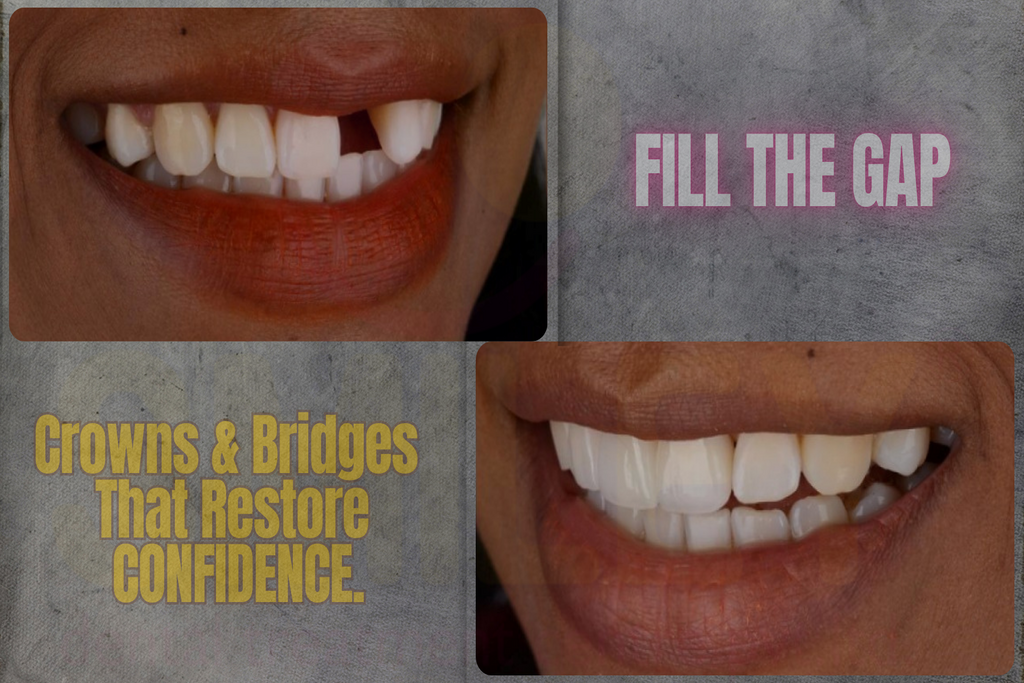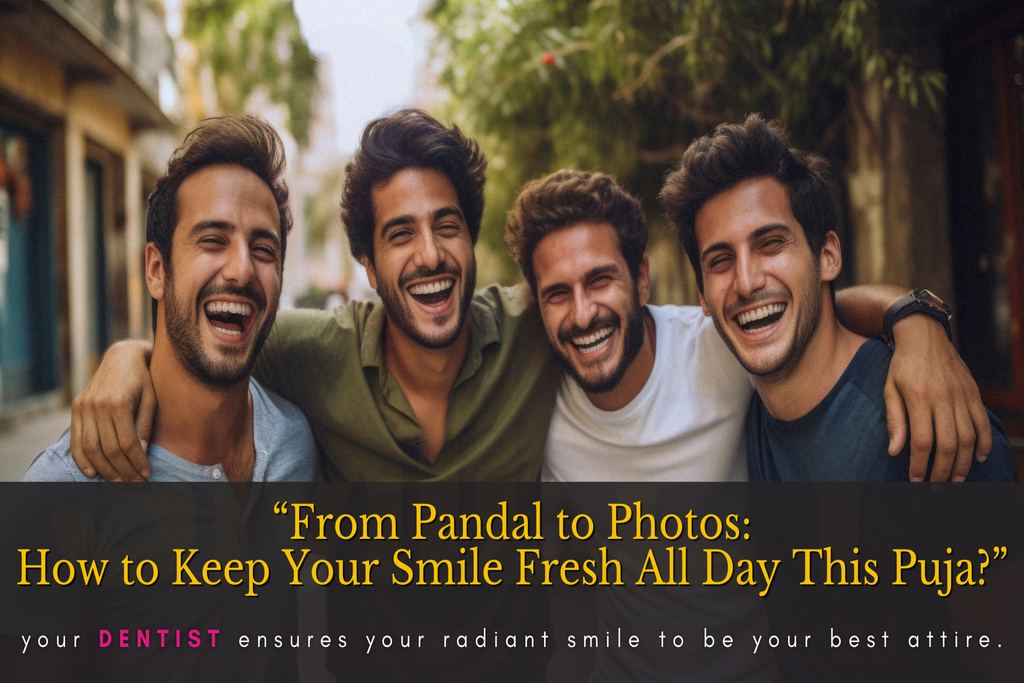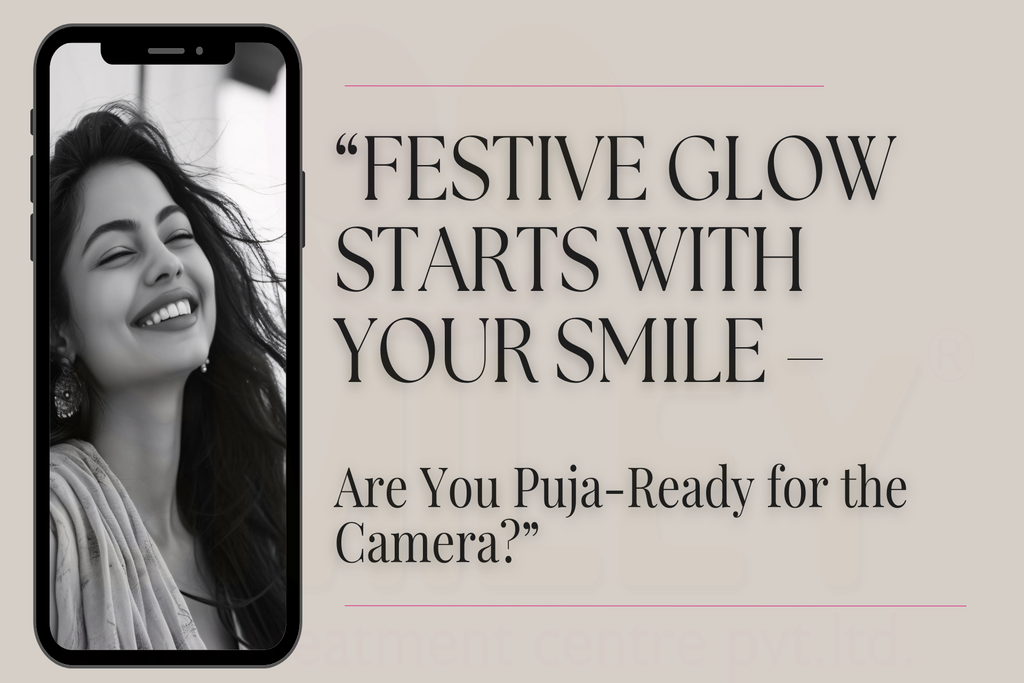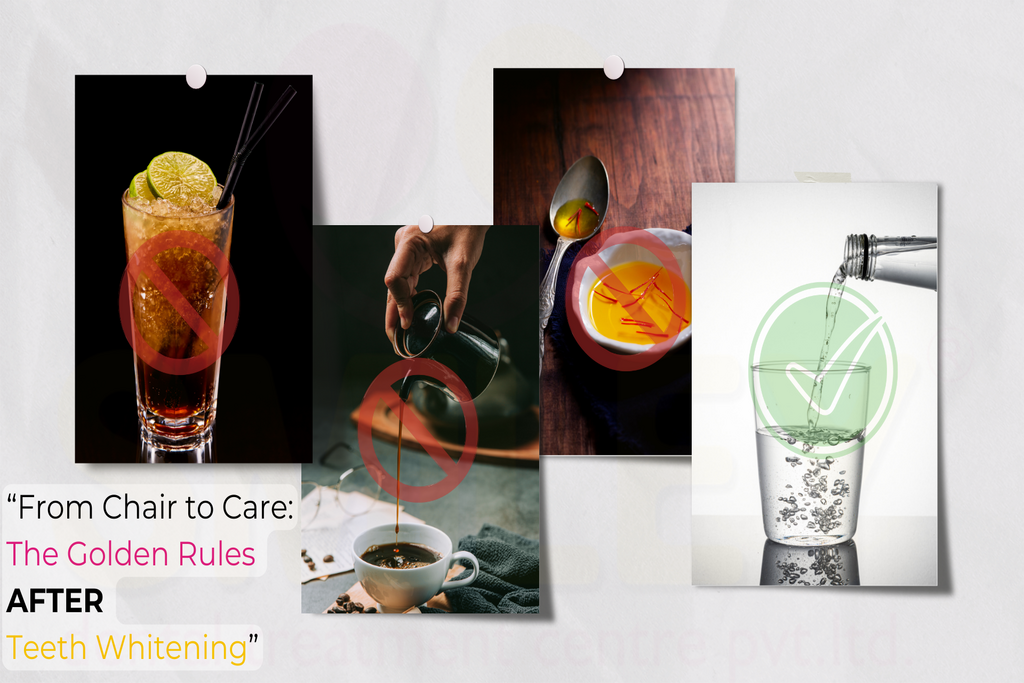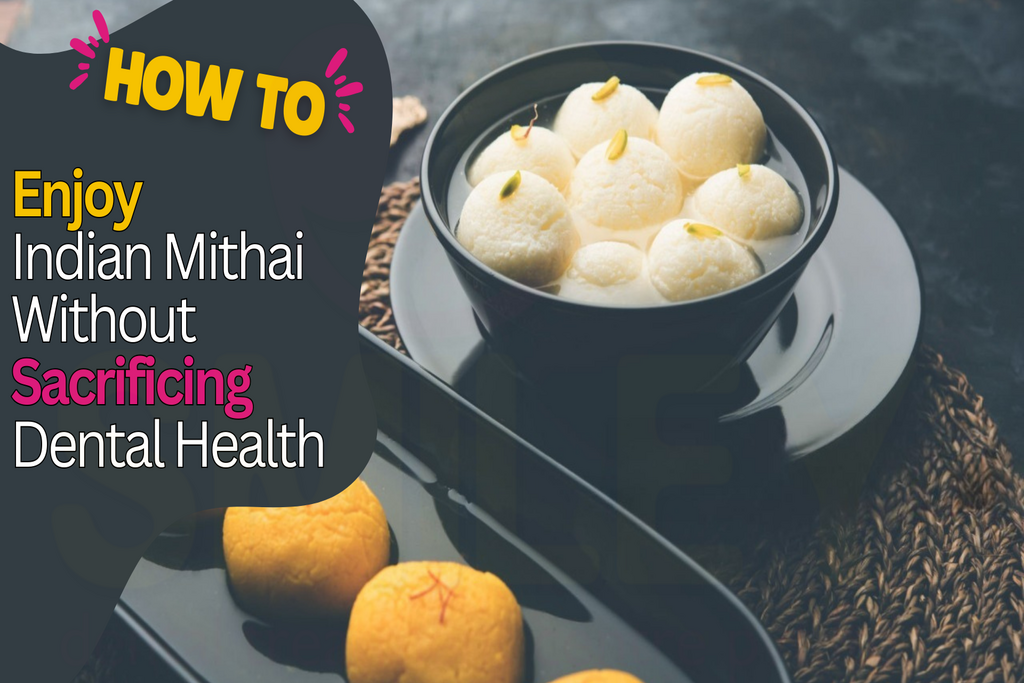Misplaced Trust in Unqualified Advice
In an era where every scroll brings a new “hack” or “dental tip,” it’s becoming increasingly difficult for health-conscious individuals to differentiate between genuine medical guidance and misleading trends. Whether its turmeric whitening pastes, charcoal scrubs, or DIY braces, the internet is flooded with advice from influencers who may have zero medical qualifications.
While influencers may mean well, trusting them over a certified dentist or a reputable dental clinic can severely damage your oral health.
The Hidden Damage of “Harmless” Dental Trends
Let’s consider this: a homemaker trying to whiten her teeth before a family wedding comes across a DIY video showing a baking soda and lemon juice mix. It’s cheap, quick, and supposedly “natural.”
But here’s what that video doesn’t tell you: acidic substances like lemon can erode enamel irreversibly, while abrasive materials like baking soda scratch your enamel surface, making your teeth more prone to decay and sensitivity (Shellis et al., 2010). Once gone, enamel cannot regenerate.
Similarly, using activated charcoal might feel like a detox, but a 2017 study in the Journal of the American Dental Association found no scientific evidence of charcoal’s effectiveness and warned of its abrasive damage.
Even worse are DIY braces and aligners shared by some content creators, claiming they fixed their smile “without spending a rupee on dentists.” These can lead to malocclusions, bone loss, and irreversible jaw issues (American Journal of Orthodontics, 2019).
Scientific Dentistry is Personalized, Safe & Evidence-Based
Certified dentists undergo 5+ years of rigorous training followed by years of specialization and clinical experience. What influencers don’t know—and can’t know—is your personal oral health status, which only a trained dentist can assess.
At a reputable dental clinic, every treatment plan is tailored. For example:
- Tooth whitening is done after checking for intrinsic vs. extrinsic stains, enamel thickness, and sensitivity.
- Braces or aligners are advised only after X-rays, study models, and bite analysis, not after looking at someone’s smile in a selfie.
Especially in India, where the diet is rich in spices, sugars, and carbohydrates—and where oral hygiene is often neglected—blindly following generic online tips can be harmful.
This is why visiting your dentist is essential, not optional.
Why You Should Care: Oral Health Reflects Your Overall Health
It’s not “just teeth.” Poor oral health links directly to systemic diseases like diabetes, heart disease, and pregnancy complications (Tonetti et al., 2017). And no influencer video can detect or treat the early signs of gum disease or a silent infection spreading from a neglected root canal.
Also, for health-conscious and quality-conscious Indians, it’s critical to realize that oral treatments are not one-size-fits-all, and shortcuts often lead to more expensive and complex treatments later.
So next time you see a dental “hack” online, pause. Ask yourself: Is this influencer responsible for my health? Or should I trust my dentist who studied to protect it?
Conclusion
Influencers might be great for fashion tips or recipes—but when it comes to something as crucial and sensitive as your oral health, always trust a qualified dentist over unverified online advice. Your smile deserves expert care, not viral trends.
Edited by Dr Sourav Ghosh (MDS); Gold Medalist
Conservative Dentist, Endodontist & Cosmetic Dentist
Clinical Head at Smiley Dental Treatment Centre Pvt Ltd
Dr. Sourav Ghosh is an eminent Endodontist and Cosmetic Dentist dedicated to raising standards in modern dental care. Backed by two decades of hands-on experience, he heads a team of MDS specialists delivering advanced, minimally invasive, and lifestyle-conscious dental solutions in Kolkata.
References
- Shellis RP, Featherstone JDB, Lussi A. “Understanding the chemistry of dental erosion.” Caries Research, 2010.
- Brooks JK, Bashirelahi N, Reynolds MA. “Charcoal and charcoal-based dentifrices: A literature review.” J Am Dent Assoc., 2017.
- Tonetti MS, Van Dyke TE. “Periodontitis and atherosclerotic cardiovascular disease: Consensus report of the Joint EFP/AAP Workshop.” Journal of Periodontology, 2017.
- American Journal of Orthodontics and Dentofacial Orthopedics. “Dangers of DIY Orthodontics.” Vol. 155, Issue 3, 2019.


